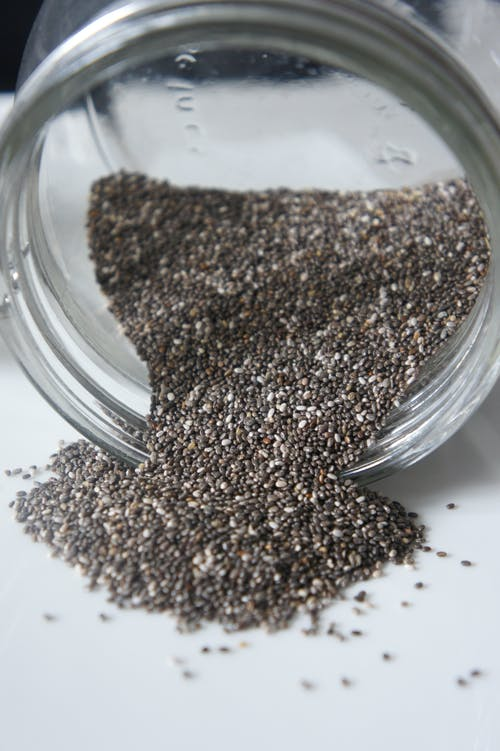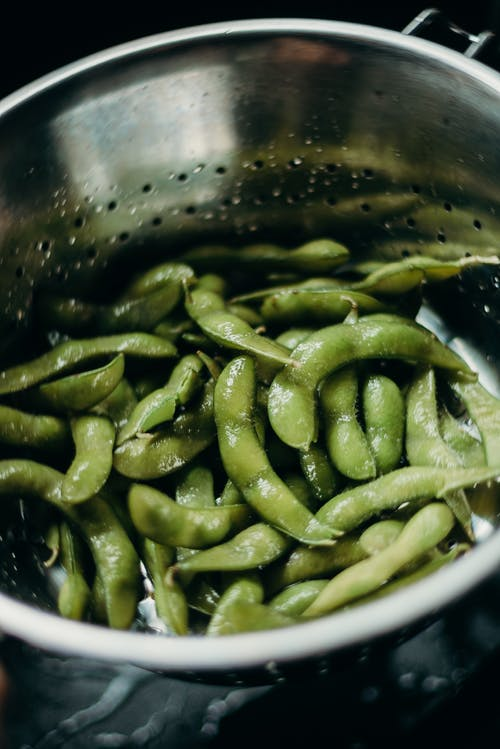5 Laxatives You Can Find In Your Kitchen
Laxatives help improve your digestive health by improving your bowel movements and relieving constipation. Constipation is a condition characterized by occasionally painful, infrequent, unpleasant bowel movements. Laxatives work to soften your stool and make it less hard and dry, allowing it to pass easily.
Apart from the various over-the-counter laxatives that work effectively to treat constipation, here are a few natural remedies to relieve constipation that you can easily find in your kitchen.
Chia Seeds

Fiber is one of the first lines of defense and natural therapy for constipation. It passes undigested through the intestines, providing weight to feces and pulling in more water from the surrounding tissues, making it softer and easier to pass through.
Increased fiber consumption has been shown to soften stools and increase stool frequency, making them easier to pass. Chia seeds have high fiber content, with 9.8 grams in a single ounce.
They have 7–15% soluble fiber. This soluble fiber absorbs water to form a gel, which helps pass out softer stools.
Berries
Berries like chia seeds also have high fiber content, making them an excellent choice for a mild natural laxative. In a 100g serving, strawberry has 1.8 grams, blueberry has 2.4 grams, and blackberry has 5.33 grams of fiber.
The United States Department of Agriculture (USDA) recommends that for every 1,000 calories consumed, you should consume 14 grams of dietary fiber. There are two forms of fiber in berries: soluble and insoluble.
- Soluble fiber increases water absorption in the stomach to form a gel-like substance that helps in stool softening.
- On the other hand, insoluble fiber stays undigested and travels through the body in feces, increasing the stool volume for easier passage.
Legumes

Peanuts, peas, lentils, chickpeas, beans all belong to the same plant family known as legumes. Legumes are high in fiber, which might help you stay on track. One cup of boiling lentils, which comprises about 180 grams, contains 14.2 grams of fiber, whereas 1 cup of chickpeas contains 13.7 grams of fiber.
Legumes help in the synthesis of a short-chain fatty acid known as butyric acid, which has laxative properties. Butyric acid enhances the motility of the digestive tract, relieving symptoms of constipation.
It also has anti-inflammatory properties that help in reducing the inflammation in the intestines that might lead to digestive problems like inflammatory bowel disease.
Kefir
Kefir is a product of fermented milk. It is rich in probiotics, the healthy gut bacteria offering a wide range of health advantages, including increased immunity and better digestive health.
Probiotics, whether in the form of supplements or foods, help with the easy passage of food through the intestinal tract, making your stool consistent and regular.
Castor Oil

Castor oil is made from castor beans. It has a long history of medicinal use as a herbal cleanser. Upon consumption, it produces an unsaturated fatty acid called ricinoleic acid, having a laxative effect.
It induces bowel movement by activating a particular receptor in the intestinal tract that causes the intestinal muscles to move more freely.
If these home remedies aren’t doing much to relieve your constipation, HealthA2Z can help you out. We have a wide variety of effective yet safe laxative tablets online.
Our products include an extensive collection of different stool softeners and laxatives tablets to provide you with constipation relief. We guarantee the affordability, reliability, and quality of our products.
For more information about our products, visit our website!







